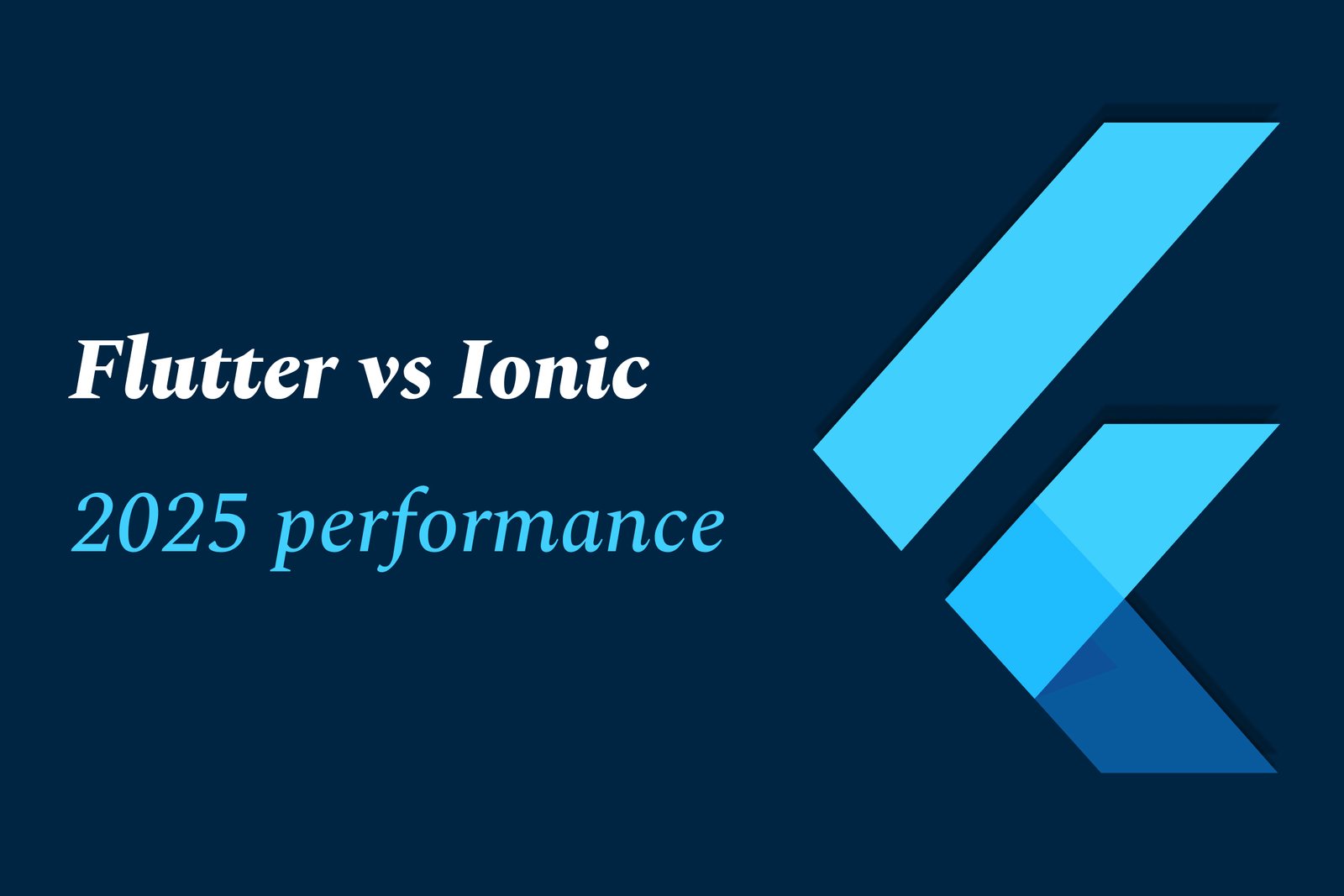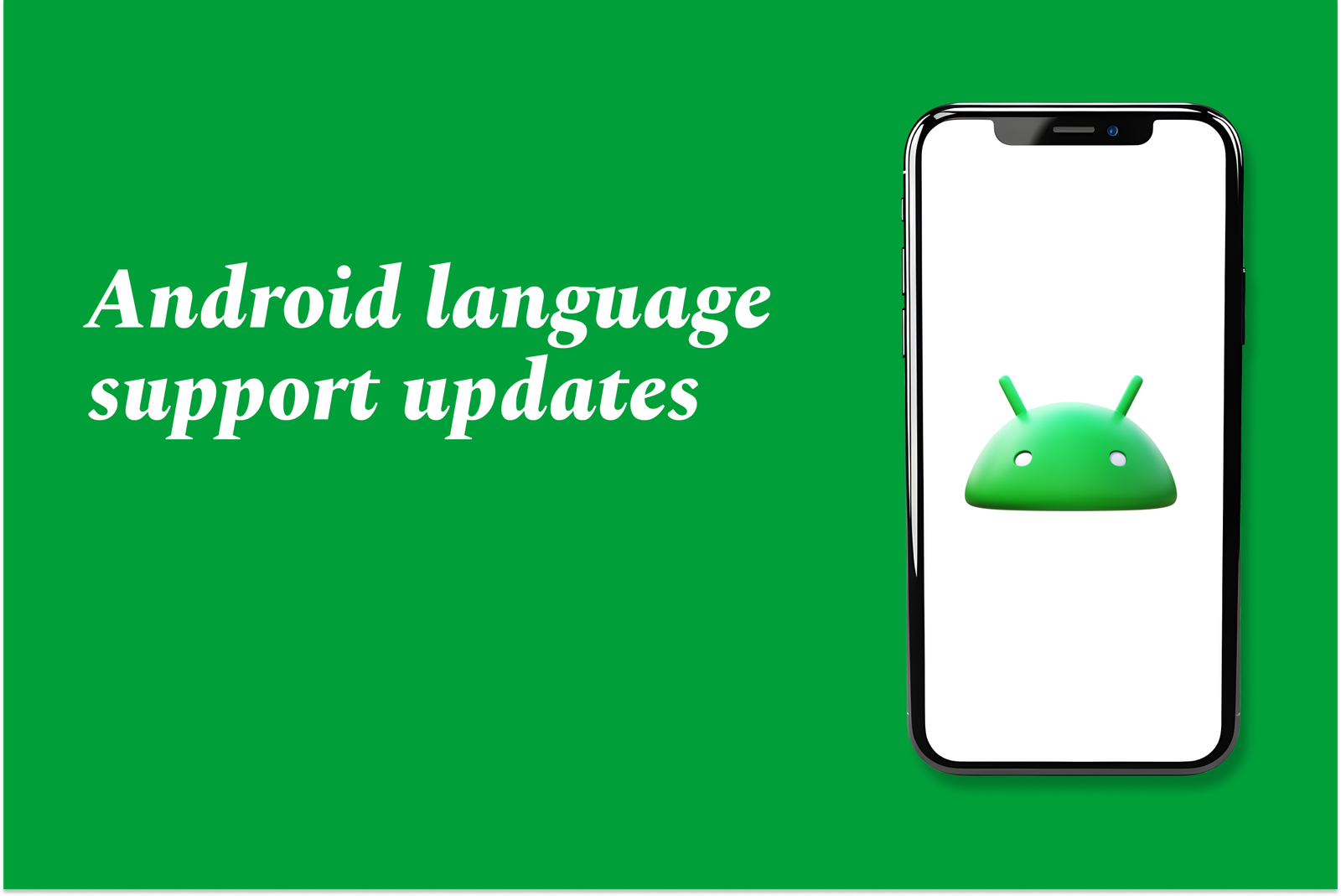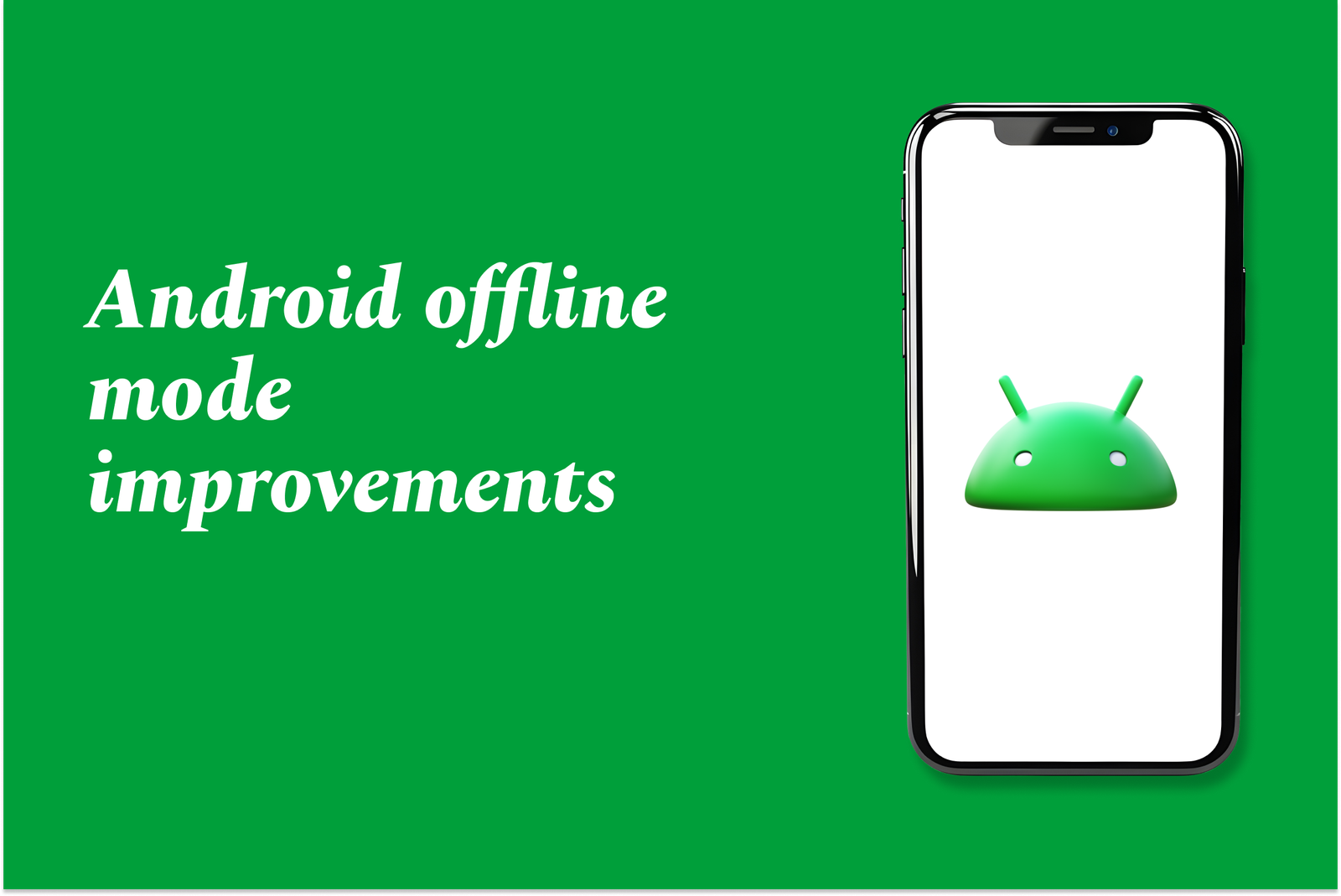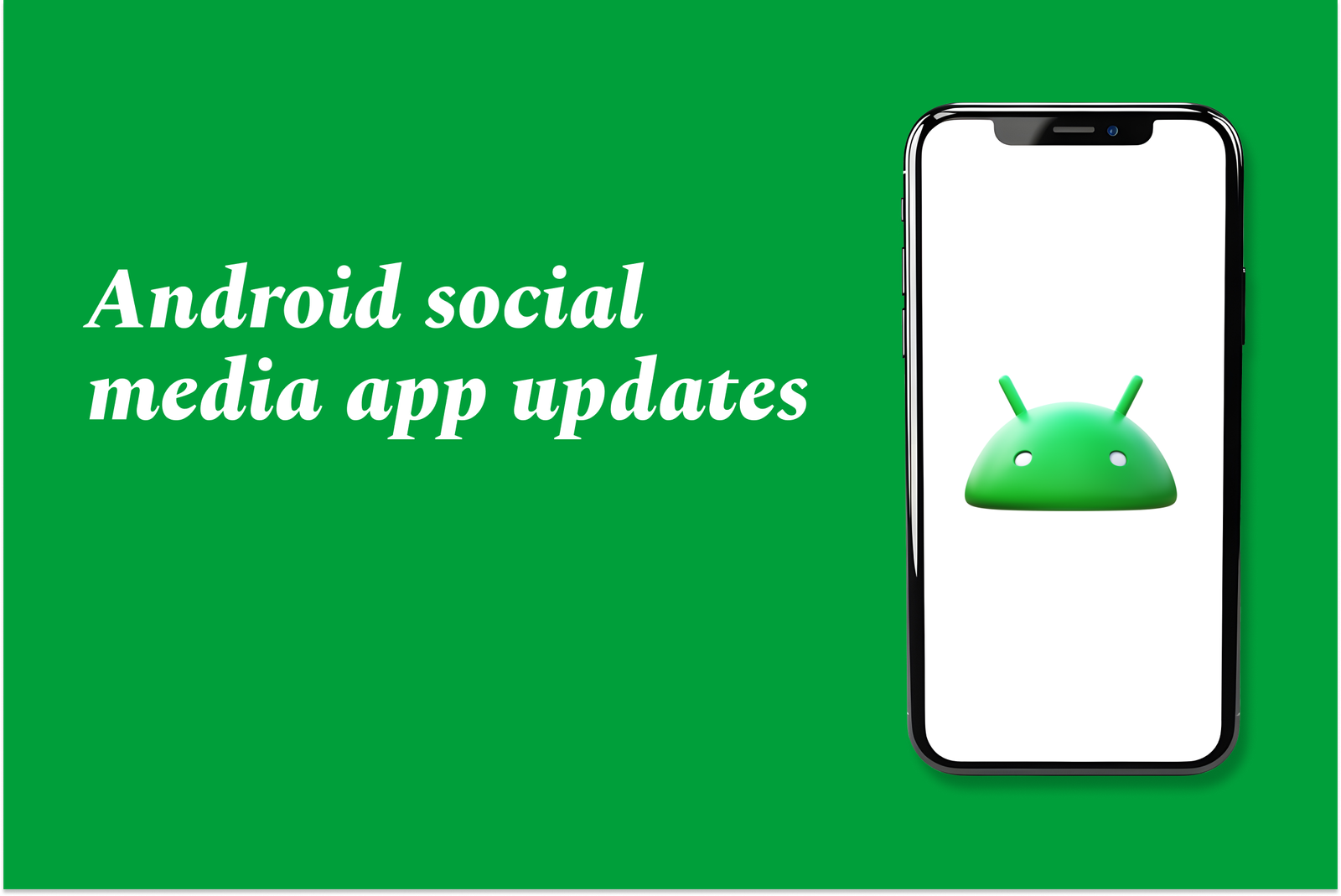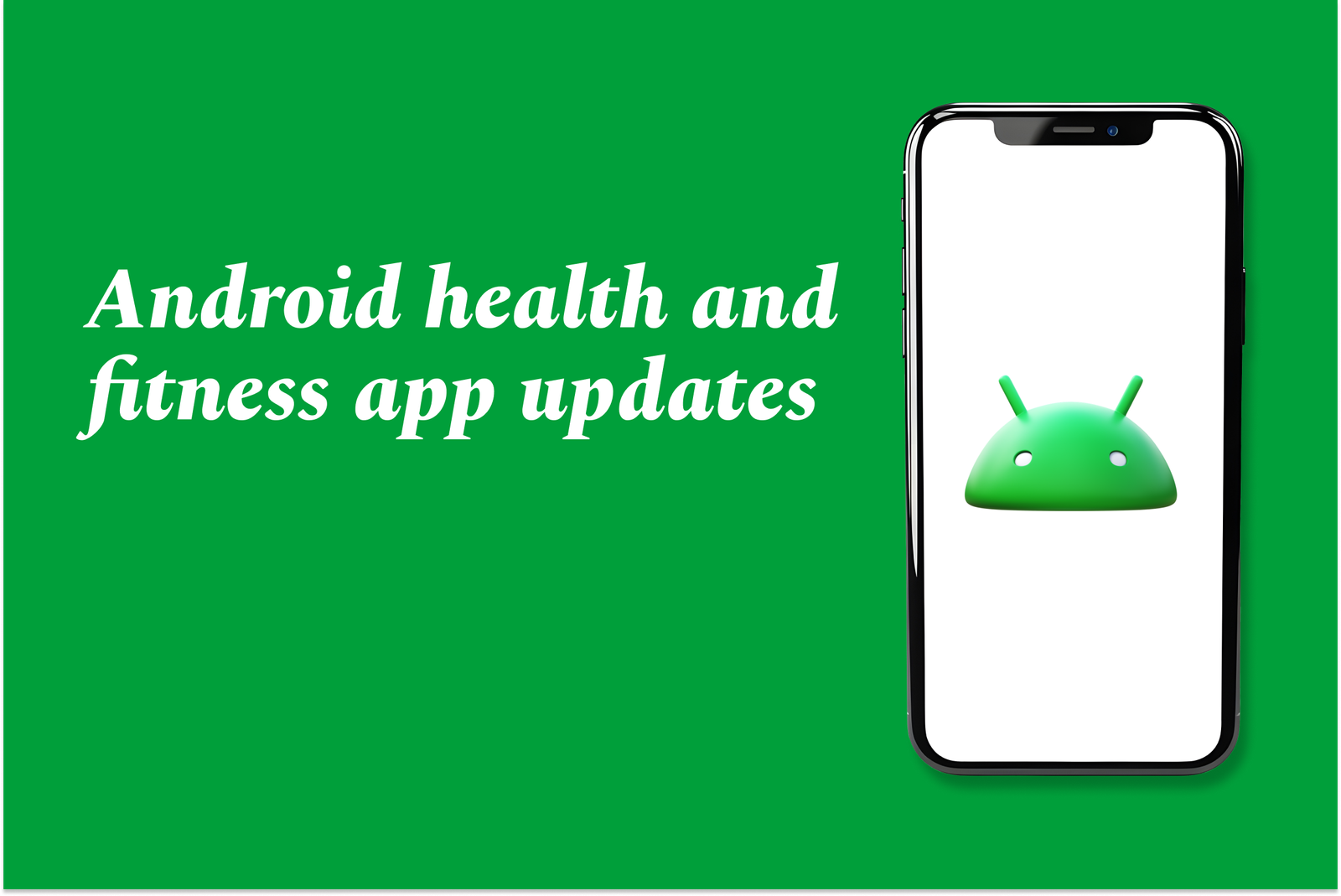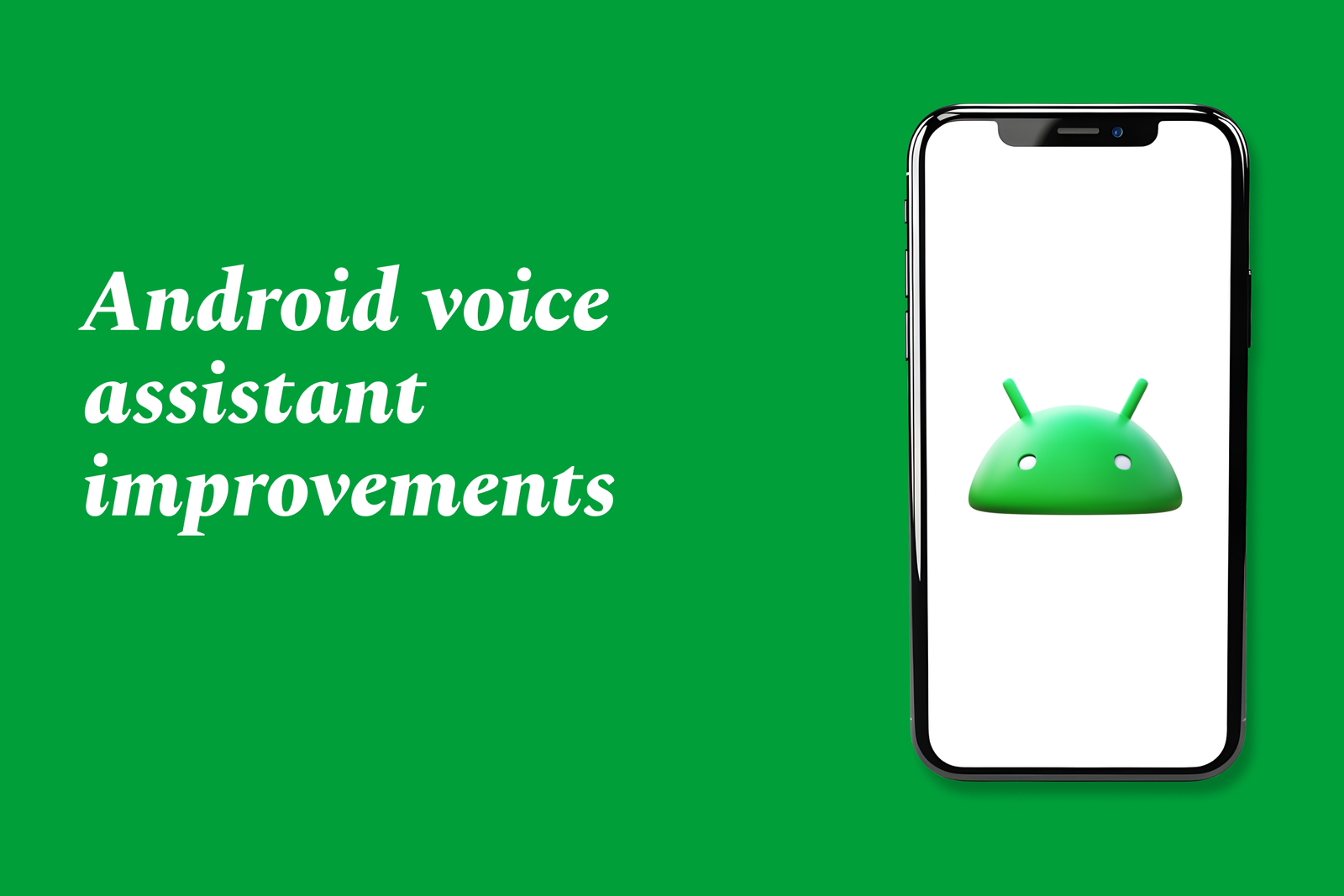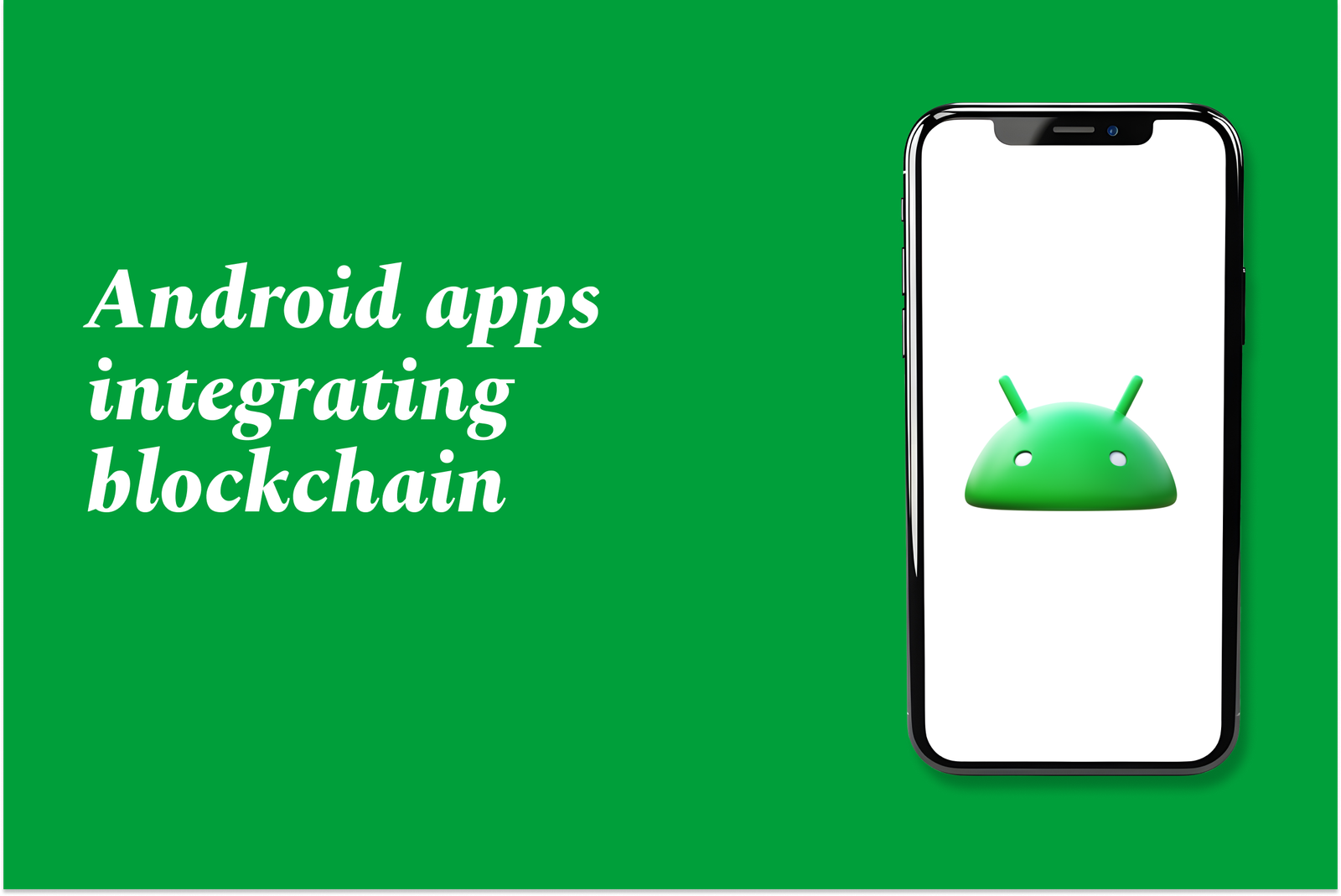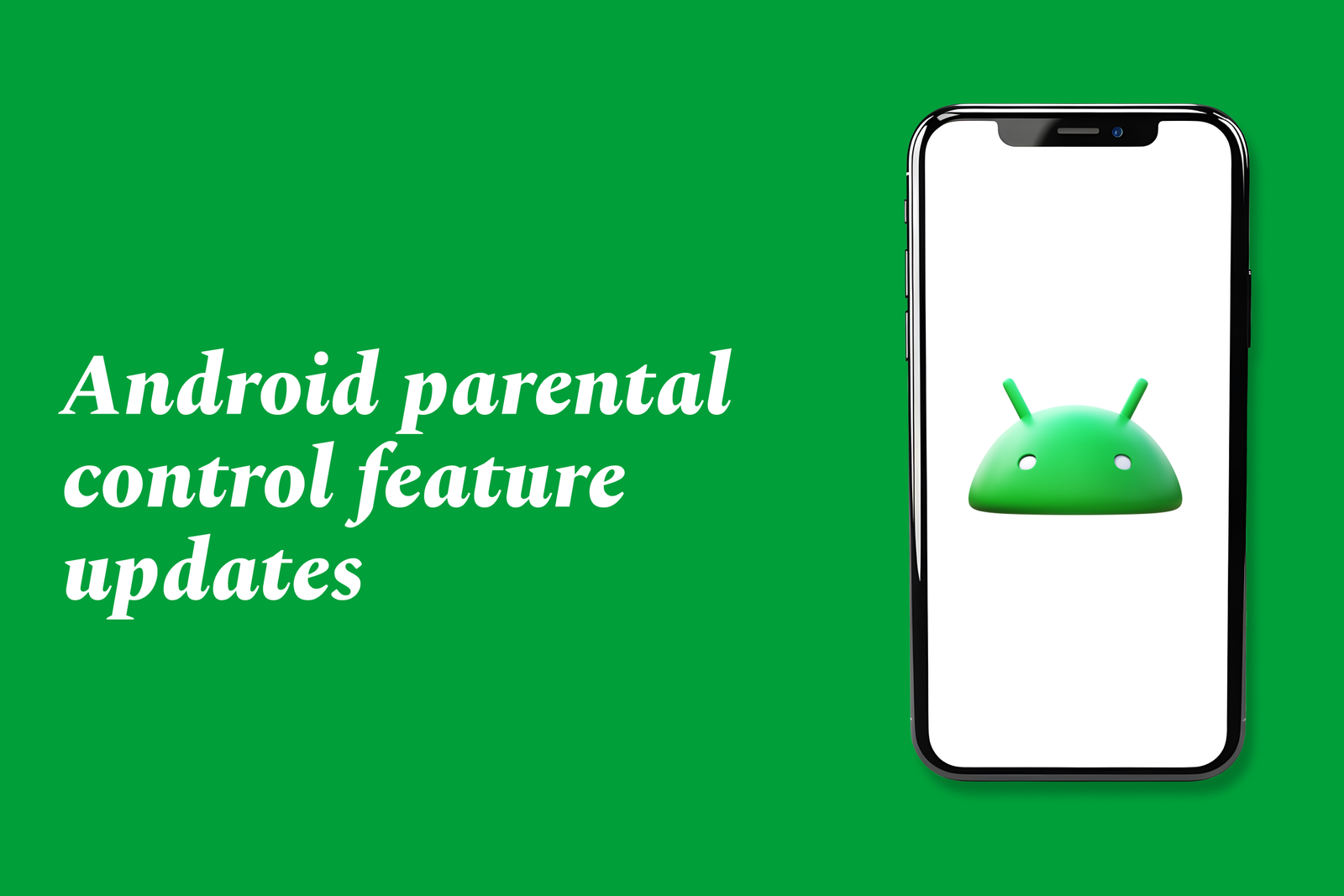Flutter vs Ionic 2025 Performance
In 2025, Flutter offers superior performance with its native rendering and smooth animations, ideal for complex, high-quality apps, while Ionic, based on web technologies, provides faster development for PWAs and business apps but may lag in fluidity and responsiveness.
2025 Performance
1 ) Introduction to Flutter and Ionic
Flutter, developed by Google, is an open source UI toolkit that enables building native like apps across mobile, web, and desktop using a single Dart codebase.
Ionic is a popular SDK that leverages familiar web technologies (HTML, CSS, JavaScript) for creating cross platform and web apps, easily integrating with frameworks like Angular, React, and Vue.
2 ) Performance Comparison
Flutter excels in performance intensive applications due to its own rendering engine (Skia) that redraws UI swiftly, offering smooth animation and consistent UI across platforms.
Ionic may face performance trade offs for complex applications because it relies on web technologies and WebView for rendering, which can impact the fluidity and responsiveness of apps compared to Flutter.
3 ) Development Speed and Productivity
Flutter offers hot reload, enabling developers to instantly view code changes without restarting apps, accelerating development and debugging.
Ionic provides faster development cycles for web developers familiar with web standards, leveraging existing skill sets for rapid deployment, especially suitable for business applications or progressive web apps (PWAs).
4 ) Cross Platform Capabilities
Flutter supports multiple platforms with a single codebase for Android, iOS, web, and desktop, future proofing apps for emerging platforms like Google's Fuchsia OS.
Ionic also supports cross platform development but traditionally focuses on mobile and web apps with a strong emphasis on PWAs.
5 ) Codebase and Team Skill Considerations
Flutter requires learning Dart, a language designed for optimized client side programming.
Ionic uses standard web technologies (JavaScript, HTML, CSS), making it accessible for teams with web development experience, providing a gentler learning curve.
6 ) Use Case Recommendations
Choose Flutter for apps where performance, rich and custom UI, and smooth animations are critical, such as flagship consumer apps.
Choose Ionic for rapid business app development, especially when leveraging existing web technology teams or deploying PWAs.
7 ) Market Adoption and Future Outlook
According to recent developer preference data, Flutter commands a larger market share and community interest (42%) compared to Ionic (16%).
Flutter's backing by Google and ongoing evolution with support for diverse platforms position it as a forward looking solution for 2025 and beyond.
Summary:
Flutter outperforms Ionic in terms of raw app performance, UI consistency, and complex animation capabilities, making it ideal for high quality, visually rich apps. Ionic shines for faster development cycles using familiar web tech and excels in rapid PWA and business app deployment. Your choice should align with your app’s performance needs, team expertise, and project goals.
https://justacademy.in/news-detail/dart-3.2:-what’s-new-for-flutter-devs
https://justacademy.in/news-detail/devtools-updates-flutter-devs-should-know
c
https://justacademy.in/news-detail/trending-flutter-plugins-in-2025
i
https://justacademy.in/news-detail/flutter’s-growing-ecosystem:-libraries,-tools-&-trends
n
https://justacademy.in/news-detail/using-google’s-vertex-ai-with-flutter-apps
oI sv rettulF
Related Posts
Android language support updates enhance the platform by enabling modern Java 8 features like lambdas and method references within Android Studio, improving code efficiency and developer experience without needing the Jack compiler, streamlining app development and build processes.
In 2025, Android enhances privacy with stricter app permissions, improved data encryption, and advanced APIs that give users greater control over their data. System updates focus on secure media handling and transparent, developer-friendly tools to protect personal information seamlessly.
Android offline mode improvements enhance app usability by allowing users to access content and features without an internet connection. These updates enable pre-downloading data, reduce dependency on continuous connectivity, and improve user experience during travel or in low-network areas.
Google Android ecosystem partnerships unite device makers, developers, carriers, and enterprises to build a flexible, secure platform powering billions of devices worldwide. These collaborations drive innovation, expand app access, and enhance user experiences across diverse Android-powered products.
Android social media app updates enhance user experience with improved features like real-time notifications, AI-driven content discovery, expanded communities, and better multimedia support. These updates ensure smoother interactions, faster info sharing, and more personalized social networking on mobile devices.
Android health and fitness app updates focus on improved data sharing, personalized coaching, and enhanced tracking across devices. Key apps like Health Connect, Samsung Health, and Google Fit offer better privacy controls, seamless integration, and support for diverse wellness goals.
Android's multi-user feature lets multiple people have separate profiles on one device, keeping data and apps separate. Recent updates improve user switching, address bugs like Wallet issues, and optimize performance by suspending inactive profiles for smoother multitasking.
Android voice assistant improvements enhance hands-free control by integrating smarter, more natural voice commands in Android Auto and CarPlay. Upgrades include better music navigation, AI-powered icon recognition for accessibility, and solutions for seamless connectivity, boosting safety and usability.
Android apps integrating blockchain leverage decentralized technology to enhance security, transparency, and trust in transactions and data management. These apps enable secure payments, identity verification, and supply chain tracking, revolutionizing mobile experiences across industries.
Android parental control updates enhance child safety by offering real-time monitoring, app notifications sync, screen time limits, app blocking, precise GPS tracking, and location alerts, enabling parents to manage and protect their children's device usage more effectively and securely.
